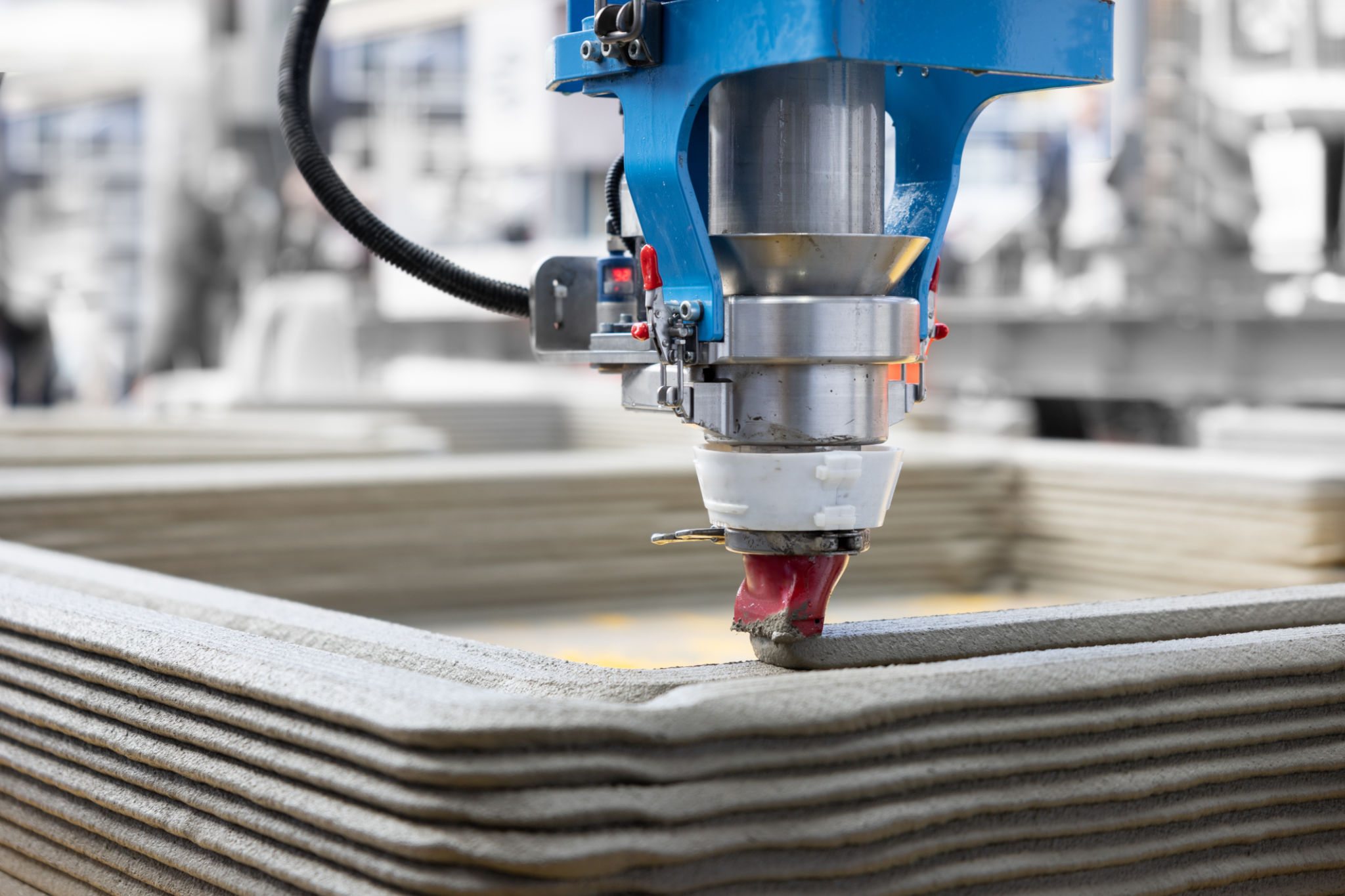Expert Insights: Innovations in Residential Construction Services
Revolutionizing Residential Construction
The residential construction industry is undergoing a significant transformation, driven by innovative technologies and practices. These advancements are not only enhancing the way homes are built but also improving efficiency, sustainability, and safety. For homeowners and builders alike, staying abreast of these innovations is crucial to maximizing the potential of modern living spaces.
One of the most notable trends is the integration of smart home technology. This innovation allows homeowners to control various aspects of their homes remotely, from lighting and thermostats to security systems. Smart technology not only provides convenience but also contributes to energy efficiency, helping to reduce utility costs significantly.

Green Building Techniques
Environmental sustainability is at the forefront of residential construction innovations. Green building techniques are becoming increasingly popular as builders and homeowners seek to minimize their carbon footprint. These techniques include the use of renewable materials, energy-efficient appliances, and innovative waste management systems.
Incorporating solar panels and other renewable energy sources into home designs is another trend gaining momentum. These systems provide clean energy and often result in savings on electricity bills. Furthermore, builders are exploring new ways to optimize natural light and ventilation, reducing the need for artificial heating and cooling.

3D Printing in Construction
The advent of 3D printing technology is reshaping the way homes are constructed. This technology allows for the creation of complex structures with precision and speed that traditional methods cannot match. 3D printing reduces waste and labor costs, making it an attractive option for both small-scale and large-scale projects.
Additionally, 3D printing enables customized designs that cater to unique homeowner needs without the hefty price tag usually associated with bespoke construction. This level of personalization was previously unattainable in mass construction but is now becoming a reality.

Modular Construction Methods
Modular construction methods are gaining popularity due to their efficiency and flexibility. This approach involves building sections of a home off-site and then assembling them on location. By doing so, construction time is significantly reduced, and the impact on the surrounding environment is minimized.
Homes built using modular methods often exhibit high quality due to controlled manufacturing environments. Moreover, this technique allows for easy modifications and expansions, ensuring that homes can adapt to changing family needs over time.
The Role of Robotics
The use of robotics in residential construction is another groundbreaking innovation. Robots can perform tasks such as bricklaying, painting, and even inspection with greater accuracy and speed than human workers. This not only increases productivity but also enhances workplace safety by reducing the risk of accidents.
The integration of robotics in construction processes helps streamline operations and improve overall project outcomes. As technology continues to advance, we can expect even more sophisticated applications of robotics in building homes.

Conclusion: The Future of Home Building
Innovations in residential construction services are paving the way for smarter, more sustainable, and efficient homes. From smart technology and green building practices to 3D printing and robotics, these advancements are transforming the industry in remarkable ways.
As these technologies continue to evolve, they promise to deliver even greater benefits for builders and homeowners alike. Embracing these innovations today can lead to more resilient and adaptable living spaces for the future.
